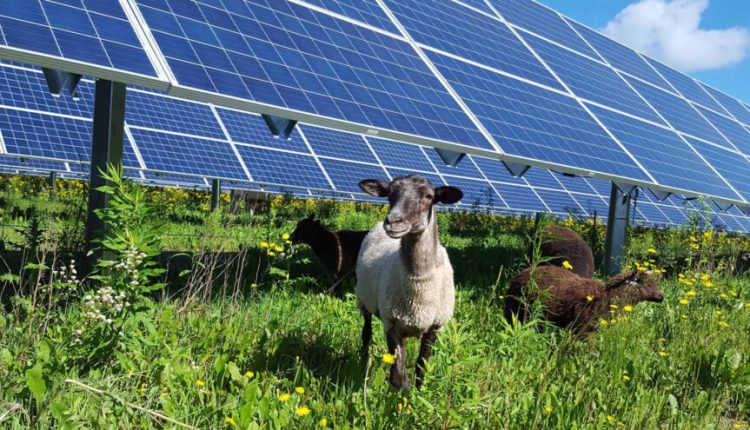Solar Energy: Powering a Sustainable Future
In the quest for a sustainable and eco-friendly future, solar energy has emerged as a powerful solution to meet our growing energy demands while reducing our reliance on fossil fuels. Harnessing the power of the sun, solar energy offers numerous benefits and has the potential to transform our energy landscape. In this article, we will delve into the advantages, technology, and applications of solar energy in paving the way for a sustainable future.
The Advantages of Solar Energy
Solar energy boasts several advantages that make it a compelling choice for a sustainable future. First and foremost, solar energy is renewable, drawing power from the sun, which is an abundant and virtually unlimited resource. Additionally, solar power is clean and emits no greenhouse gases during operation, helping to mitigate climate change and reduce air pollution. Solar energy also offers energy independence, reducing reliance on traditional energy sources and their associated geopolitical and economic challenges.
Understanding Solar Technology
At the heart of solar energy is photovoltaic (PV) technology, which converts sunlight into usable electricity. Solar panels, consisting of solar cells, capture photons from the sun and generate direct current (DC) electricity. This DC electricity is then converted into alternating current (AC) through inverters, making it compatible with standard electrical systems. Advances in solar technology have increased efficiency, reduced costs, and expanded the range of applications for solar energy.
Solar Energy for Residential Use
Residential solar power systems empower homeowners to generate their own electricity and reduce their reliance on the grid. Rooftop solar panels are commonly installed, harnessing the sun’s energy to power homes and even store excess electricity in batteries for use during cloudy days or at night. By embracing residential solar energy, homeowners can save on energy bills, contribute to a cleaner environment, and increase the value of their properties.
Solar Energy for Commercial and Industrial Applications
Solar energy is not limited to residential use; it also offers significant advantages for commercial and industrial sectors. Businesses and industries can install large-scale solar arrays on rooftops or open spaces to generate electricity and reduce operational costs. Solar power is particularly attractive for companies committed to sustainability and seeking to reduce their carbon footprint. Moreover, solar energy can provide a stable and predictable energy source, shielding businesses from fluctuating energy prices.
Solar Energy and Environmental Impact
The adoption of solar energy plays a pivotal role in minimizing our environmental impact. By harnessing clean, renewable energy from the sun, we can significantly reduce greenhouse gas emissions, air pollution, and the depletion of natural resources. Solar energy systems produce no direct emissions, making them instrumental in combating climate change and improving air quality. Embracing solar energy is a key step towards building a sustainable and greener planet for future generations.
Overcoming Challenges and Expanding Solar Energy
Although solar energy has made significant strides, challenges remain on the path to widespread adoption. The upfront costs of installing solar systems can be a barrier for some individuals and businesses. However, various financial incentives, such as tax credits and rebates, are available to offset these costs. Advances in energy storage technology, such as batteries, are also enhancing the reliability and flexibility of solar energy systems, enabling a more balanced and consistent power supply.
Conclusion
Solar energy represents a transformative force in shaping a sustainable future for our planet. Its renewable nature, clean operation, and wide-ranging applications make it an invaluable tool in combating climate change and reducing our dependence on fossil fuels. By embracing solar energy, we can power our homes, businesses, and industries while preserving the environment for future generations. Let us continue to innovate, invest, and advocate for solar energy, driving us closer to a greener and more sustainable future.
Note: The information provided in this article is for informational purposes only and should not be considered as financial, legal, or professional advice. Consult with appropriate professionals for personalized guidance based on your specific circumstances.



Comments are closed.